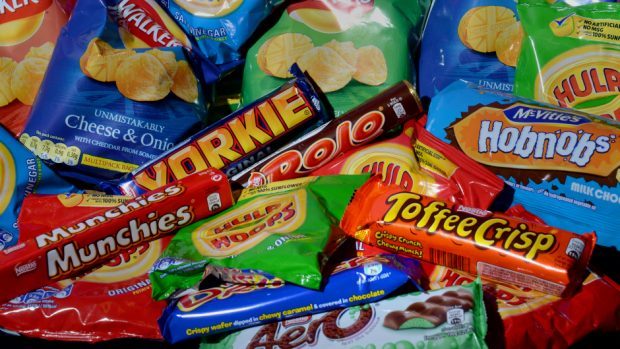North-east researchers will launch a £93,000 study to analyse how supermarket deals can influence shoppers into buying unhealthy food.
The project will focus on Scottish households and look at the impact of restricting in-store promotions for food high in fat, sugar and salt.
It will pay particular attention to the use of red labels to highlight “buy one, get one free” promotions.
Researchers at Scotland’s Rural College (SRUC), in partnership with Aberdeen University and the London School of Hygiene and Tropical Medicine will conduct the investigation.
They will remove red tags which currently highlight special offers on fatty foods like crisps, biscuits and sugary drinks to determine whether this leads shoppers towards healthier options.
Carrying out choice experiments on 1,500 people, researchers will use three products to assess the effect of restricting promotional discounts on consumers’ choices and on their willingness to pay for the unhealthy items.
Finally they will try to analyse whether a customer who reduces the amount they spend on fatty items reallocates this cash to similar products or to healthier options.
The research is being led by Dr Cesar Revoredo-Giha, a senior economist at SRUC.
He said: “The consumer is the king of the food supply chain. The retailer can influence them but at the end of the day, it’s consumers who decide what they buy or don’t buy.
“Knowing what determines consumers’ decisions is precious information for the supply chain and that is part of our work.
“It will help us understand better the role of marketing on consumers. In this case, it’s about restricting the advertising of promotions for those products high in fat, sugar and salt.
“However, you can use similar marketing to promote other products that are beneficial, like fruit and vegetables. That’s important because it has a key role to play in policy.
“On the academic side, it’s of interest to see what factors influence the demand for food products as it helps us improve our models and their predictions.”
A YouGov poll found that most parents in Scotland think promotions influence them to buy junk food.
More than a fifth of four and five-year-old children in Scotland are obese – which makes them five more times likely to be obese as an adult.
